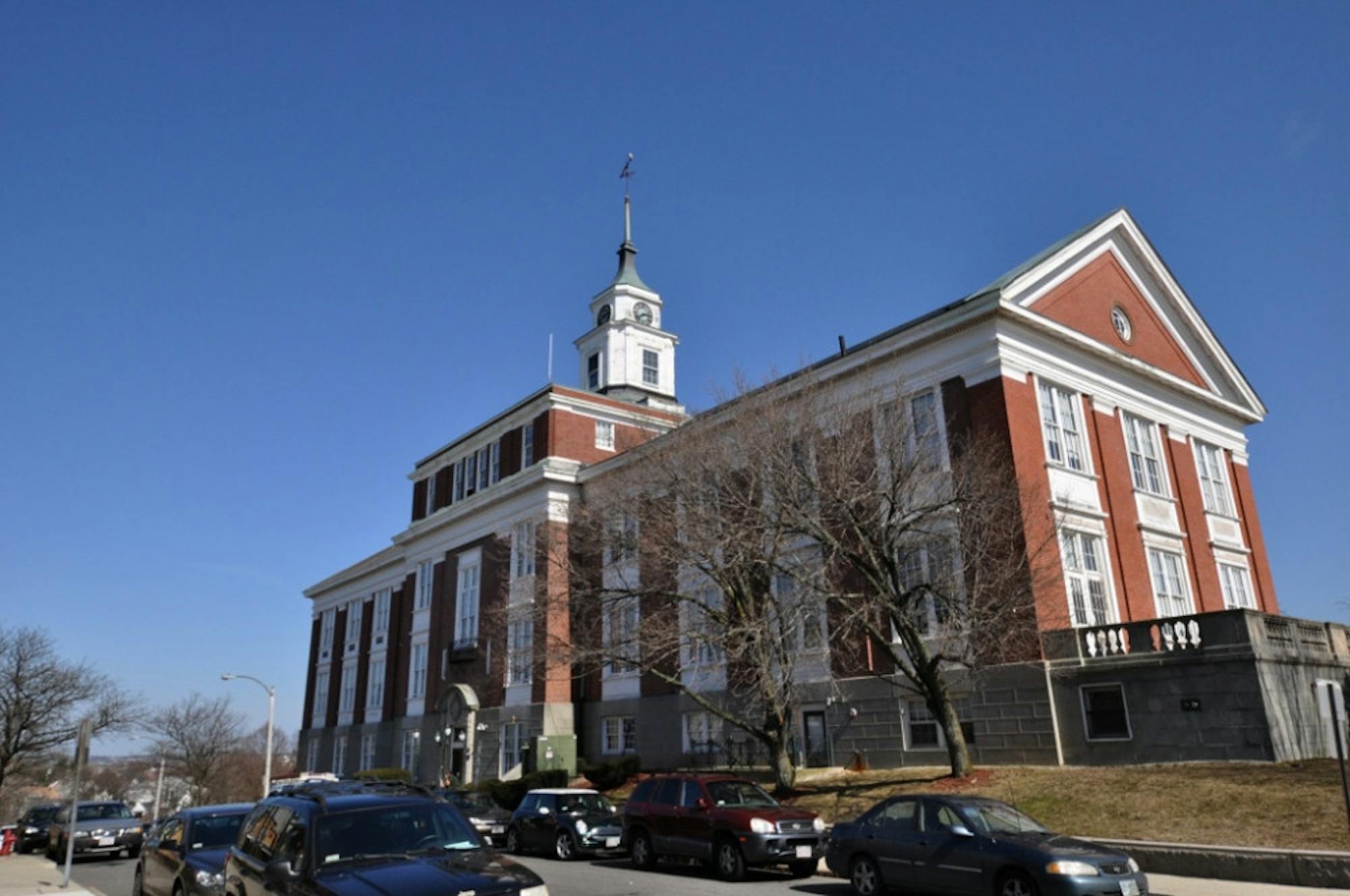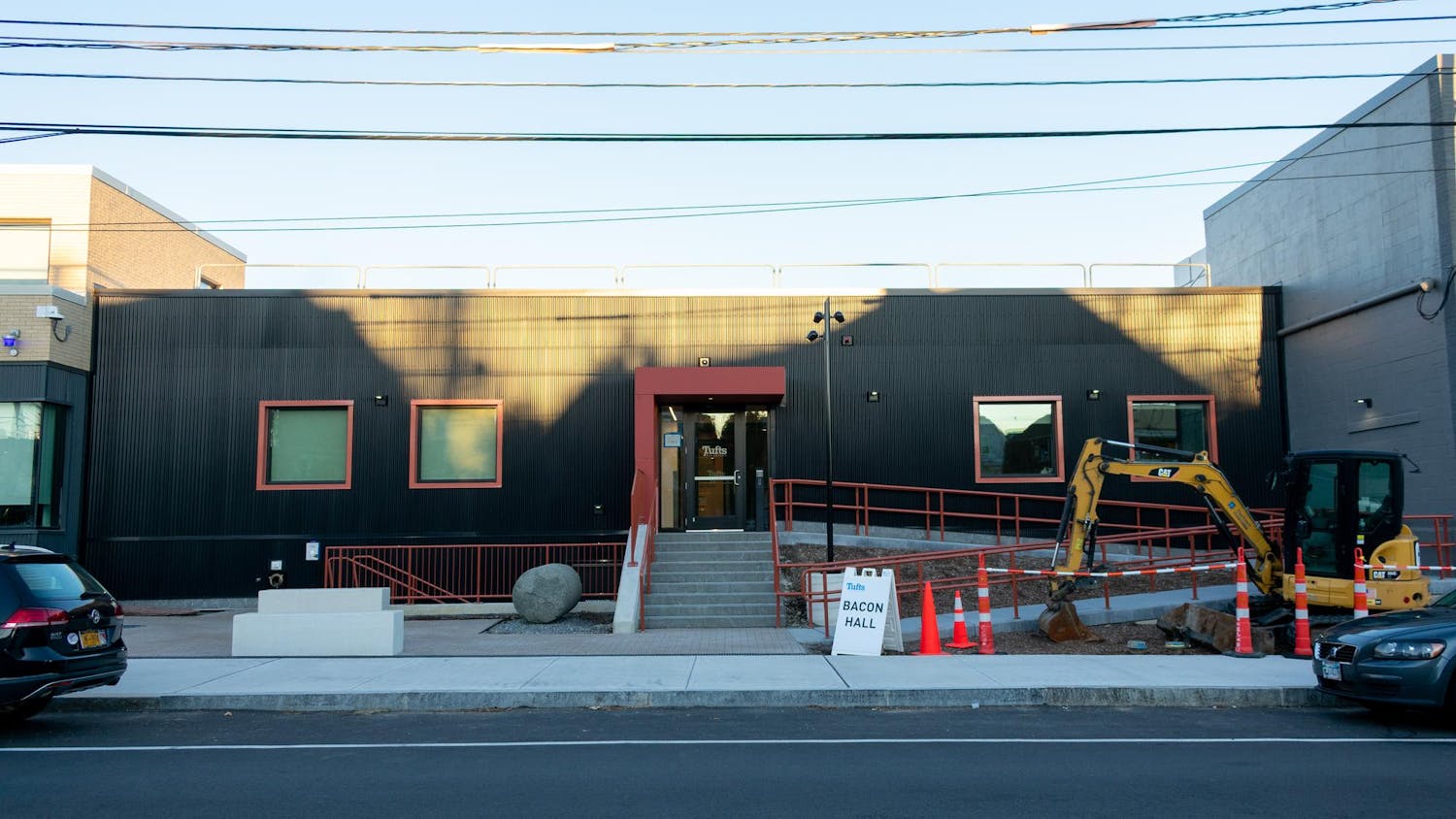Content warning: This article mentions drug addiction and overdose, mental health struggles and suicide.
The Somerville City Council voted unanimously on Jan. 14 to decriminalize entheogenic plants and fungi. The Cambridge City Council followed suit on Feb. 3.
In the Somerville City Council’s resolution, the term “entheogenic plants” refers to psychedelics such as ayahuasca, cacti, iboga and psilocybin mushrooms, otherwise known as magic mushrooms. These substances cause a change in mental state, and emerging medical research suggests that they have the potential to treat certain mental health issues.
A group of Somerville residents who are members of the organizations Bay Staters for Natural Medicine and Decriminalize Nature Massachusetts wrote a letter to the City Council in support of the resolution.
“As our community confronts record-shattering opioid abuse, depression, and suicide, decriminalization represents a huge step forward for public health and criminal justice," they wrote. "Studies show entheogen treatment can substantially reduce distress, suicidal planning, and suicidal ideation."
Somerville will be the fifth city in the United States to decriminalize entheogens, after Denver, Colo., Oakland, Calif., Santa Cruz, Calif. and Ann Arbor, Mich. Residents of Washington, D.C. voted to do the same in a ballot measure in November 2020.
James Davis, a lead organizer for the two organizations, has been urging communities in Massachusetts to decriminalize entheogens for some time.
“We are ecstatic that [the resolution] passed several weeks ago and that it inspired Cambridge City Council to pass a very similar resolution this last Wednesday,” Davis said.
Davis explained that he and his organizations are concerned about several public health issues facing Massachusetts and are motivated by research suggesting that entheogens can help alleviate them.
“Our primary inspiration as volunteers in Somerville and across the state is the severe depression, opiate addiction, alcoholism and trauma that our neighbors experience across the state of Massachusetts,” Davis said. “Massachusetts has the highest millennial depression rate of any state, and COVID has only made people more likely to turn toward addiction to manage their mental health problems. Psychedelic plants have proven benefits for treating depression, trauma, addiction and even some neurological conditions.”
According to information from Bay Staters for Natural Medicine and Decriminalize Nature Massachusetts, natural psychedelics will be safer to use if they are decriminalized, as awareness of them will increase.
“Decriminalization signals to the community, country, and world that entheogens can be consumed safely in consultation with harm-reduction advice from physicians and therapists and reputable sites online … Ultimately, decriminalization means more people will use entheogens to treat ailments like migraines, addictions, and mental health disorders blocking their paths to more productive, happy, and healthy lives,” the organizations wrote in an informational pamphlet.
City Councilor Jesse Clingan explained that he has been an advocate for decriminalization in the past. Clingan, one of the co-sponsors of the resolution, was eager for the opportunity to take action in Somerville.
“I've always been a harm reductionist and certainly look at addiction [and] substance use disorder as a public safety and public health issue … I am completely in favor of not enforcing arrests on any small amount of substances,” Clingan said.
Now that the resolution has passed City Council, it must be codified into a local ordinance.
Because the possession of entheogens is still illegal statewide in Massachusetts, the resolution only directs the Somerville Police Department to treat the enforcement of laws against entheogens as “lowest priority.” Nevertheless, Clingan hopes that the resolution will discourage police officers from arresting individuals in Somerville for psychedelic possession and instead pursue more constructive routes.
“We can only encourage them … to decide not to arrest … if it’s psilocybin, then I would hope that they would consider that the lowest priority, so that would just reinforce our approach and give them the judgment … and the community backing to make some of those calls when they see fit,” Clingan said.
Clingan added that he is hopeful there will be more ordinances on the same topic, as well as the decriminalization of entheogens and other substances.
“Already, you can see the benefits, and the hope is that this will lead towards ordinances … in tandem with the new [Biden] administration coming in … I hope it'll lead to ordinances, as well as, possibly, [the] decriminalizing of other substances as well,” Clingan said.
However, despite the foreseen benefits of decriminalization, the resolution does not decriminalize entheogens in every case. For example, laws against possessing entheogens near schools and driving under the influence will continue to be enforced.
Bay Staters for Natural Medicine and Decriminalize Nature Massachusetts warn of potential side effects of entheogens but argue that decriminalization will encourage people to use the substances in “controlled settings,” making usage safer.
“Like any substance, entheogens are not for everyone and are not suitable for all circumstances,” the organizations said. “By normalizing these substances for the extremely powerful and spiritually focused compounds they are, we can have honest and compelling dialogue with young people urging them to avoid use in uncontrolled settings.”
Patrick Collins, executive director of media relations at Tufts, said that despite the council’s vote, the school will not be changing its drug policies, in accordance with federal law.
“Tufts University’s policies on drugs and prohibited substances would remain unchanged,” Collins wrote in an email to the Daily. “Decriminalization of illegal drugs on the local and/or state level has no effect on the university’s obligations under these federal laws; possession or use of prohibited substances would continue to be a violation of university policy.”






